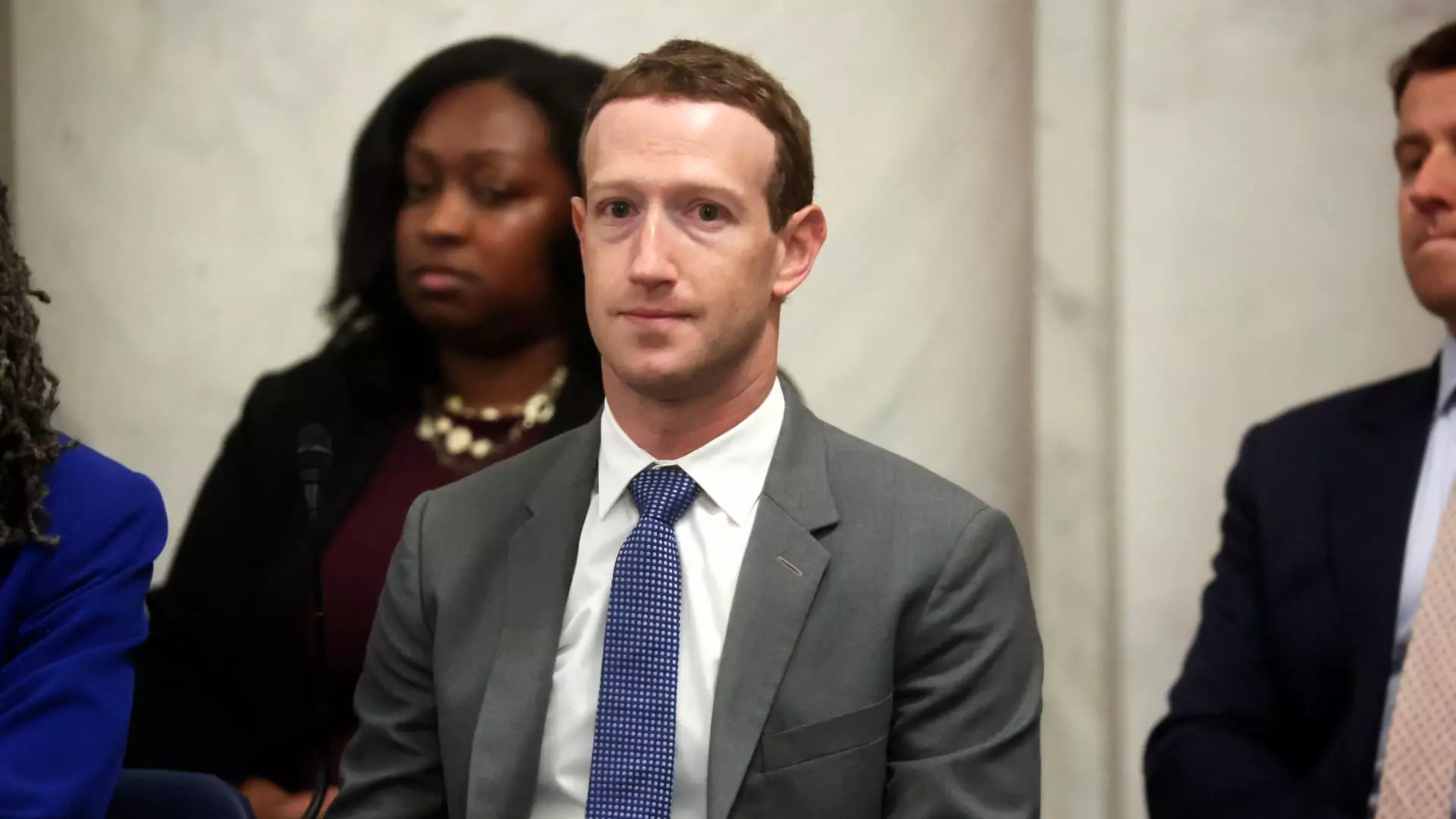Meta, formerly known as Facebook, recently unveiled its updated policies on political ads. The company, led by Nick Clegg, President of Global Affairs, aims to address the growing concern of misleading content by requiring advertisers to disclose when artificial intelligence (AI) is employed to manipulate images and videos. While Meta claims these policies are consistent with previous election cycles, the rise of AI in political advertising poses new challenges for the social networking giant.
The Role of AI in Political Ads
In his blog post, Clegg highlights the increasing use of AI technologies by advertisers to create computer-generated visuals and text in political ads. Meta’s response to this trend is to mandate disclosure from advertisers regarding the use of AI or other digital editing techniques in certain cases. Specifically, this requirement applies to ads containing photorealistic images or videos, realistic-sounding audio, or depictions of non-existent individuals or events. By taking this stance, Meta aims to address the issue of misinformation and misrepresentation in political advertising.
Criticism of Meta’s Past Actions
Critics have previously reproached Meta, especially during the 2016 U.S. presidential elections, for its failure to curb the spread of misinformation on its platforms, including Facebook and Instagram. The controversy surrounding digitally altered videos, such as the one featuring Nancy Pelosi, has underscored the company’s inadequate response. Although Meta allowed the altered Pelosi video, which portrayed her as intoxicated, to remain on the platform, it was not an advertisement. The emergence of AI as a tool to amplify the creation of misleading ads poses a fresh challenge for Meta, particularly as it has downsized its trust-and-safety team as part of cost-cutting measures.
Meta’s Approach to Election Ads
Meta announced that, similar to previous years, it will block new political, electoral, and social issue ads during the final week leading up to the U.S. elections. This decision aims to minimize the potential for manipulative or deceptive advertising affecting the outcome. However, the company plans to lift these restrictions immediately after the election concludes.
The requirement for advertisers to disclose the use of AI in political ads is a step toward transparency and accountability. By making this information available, Meta empowers users to critically evaluate the authenticity of the content they encounter on the platform. This move aligns with the growing demand for truthfulness in political messaging and attempts to restore confidence in Meta’s commitment to responsible advertising.
As AI technology advances, policymakers and social media platforms must grapple with the ethical challenges it poses. While Meta’s updated policies are a step in the right direction, the company should continue to adapt and refine its approach to address the evolving landscape of political advertising. Striking a balance between freedom of expression and preventing the spread of disinformation will be crucial to ensuring the integrity of democratic processes.
Meta’s unveiling of its policies on political ads, specifically regarding the disclosure of AI usage, reflects the company’s recognition of the need to combat misinformation. By requiring advertisers to be transparent about AI-generated content, Meta takes an important stride toward protecting the integrity of political discourse. However, criticism from past failures to address misleading content necessitates ongoing vigilance and adaptation to the ever-changing advertising landscape. As the role of AI expands, Meta must remain committed to fostering a platform that prioritizes accuracy, responsibility, and the democratic values it claims to uphold.


Leave a Reply